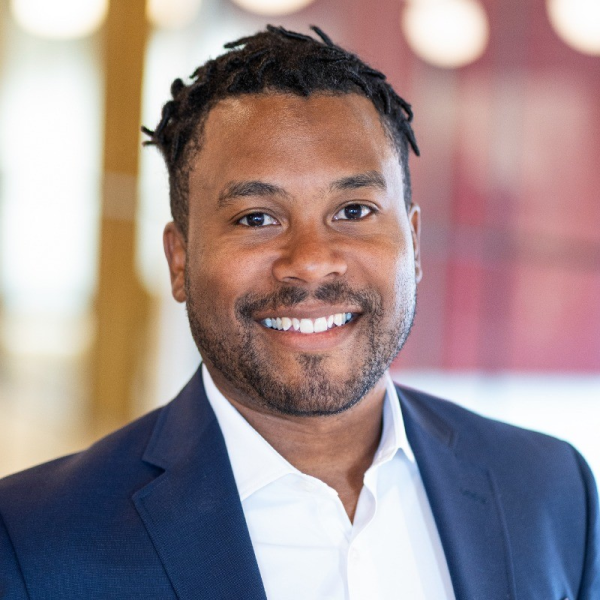BenchSci celebrates Black History Month every year through education and engagement to broach conversations about race, identity, and culture in the workplace. We strive to recognize, honor, and lift up Black engineers and scientists outside of this commemorative month by promoting the understanding that Black history is human history, focusing on everyday experiences that Black people face, both inside and outside the workplace.
As a company, we’ve been hyper-focused on creating a culture where team members from all backgrounds feel like they belong and are able to do their best work. However, we acknowledge that, with only 4% of BenchSci team members being Black, we aren’t where we want to be with team member representation and have a long way to go. As a part of this growth, we have ongoing opportunities to build cultural competence—the ability to understand, appreciate, and interact with people from cultures or belief systems different from our own. Cultural competence is paramount to creating environments of psychological safety and belonging.
We did this during Black History Month by hosting events that focused on education and engagement. While we are a tech company, we realize that we bring our community, lived experiences, and culture with us to work. One of the events we hosted was entitled Critical Race Theory: The Intersection of Art, Culture, and History. We engaged two speakers—artist Jonathan Harris (website, Instagram) and historian and educator Ernest Crim III (website, TikTok)—for a fireside chat about what Critical Race Theory is and its importance in changing our perceptions of racial justice.
The event stirred conversation around “doing your part” and showing up for one another. Ernest spoke to the importance of “seeking to truly understand” someone’s experience, asking “why,” and re-evaluating what it means to “be professional.” Jonathan repeatedly implored us to “give grace to one another” and “offer kindness." He challenged us to allocate energy and resources to share with communities that may need it more than we do.
Our speakers eased tension, brought clarity to our imperfections, and encouraged us to make mistakes. We always want to “present ourselves as perfect,” even though we are learning. We must continue to make mistakes—it’s a part of life, and there’s beauty in that growth. Intention is powerful, and when we see something happening in society around us, we should say something to our colleagues and peers—even if we aren’t sure how best to express our thoughts. Our peers will see that we are trying our best.
We also hosted a class on the history of Black cinema for our February social. We encouraged our team to explore and seek out Black music, art, authors, and films—expanding our repertoire to be inclusive of identities that don’t reflect our own helps us build cultural competence.
As a remote-first company, we also had several opportunities for discussion via Slack, and we utilized Crescendo (a DEI learning platform) to discuss identity during Black History Month. Seeing team members engage in a healthy debate around topics like code-switching and vulnerability was moving and meaningful. One of the quotes that stood out to me during a Slack conversation was, “code-switching is not about hugs and greetings. All I can say is that I feel bad that some people are forced to do this. Especially that it comes at the cost of negativity from their own group.” It was powerful to me that we could help bring our team members together to talk about race and identity in an asynchronous environment.
We aren’t perfect, but being a part of a company that values difference and learning shone through in these efforts. We also had weekly conversations about wellness, history, and acknowledgment of Black leaders in history.
Black History Month does not mark the end of our journey. We will continue to have tough conversations about identities, embrace differences, and celebrate each other and the communities surrounding us.
Subscribe to our blog for all the latest BenchSci news and events.
